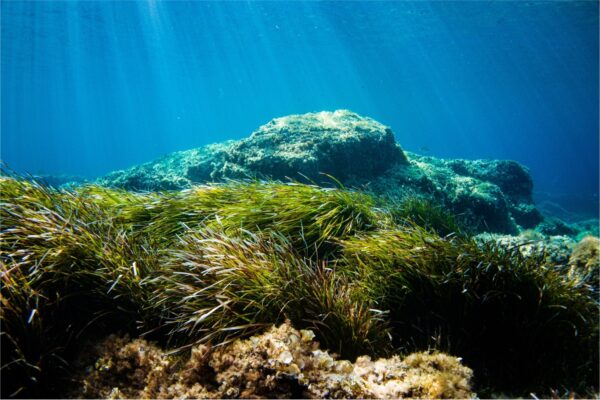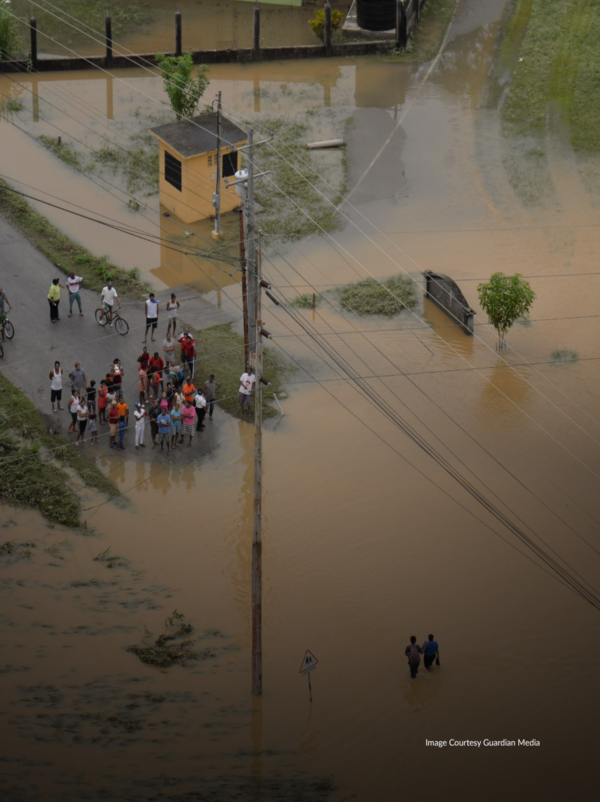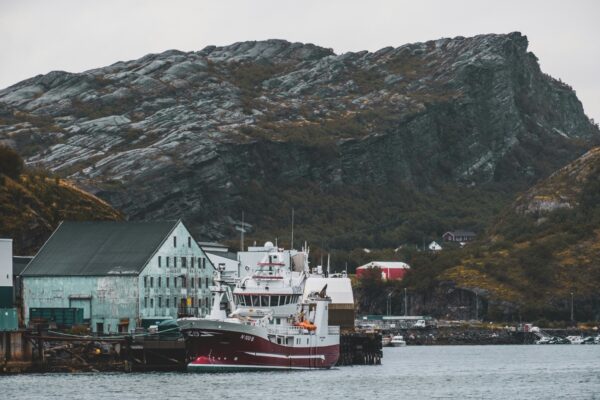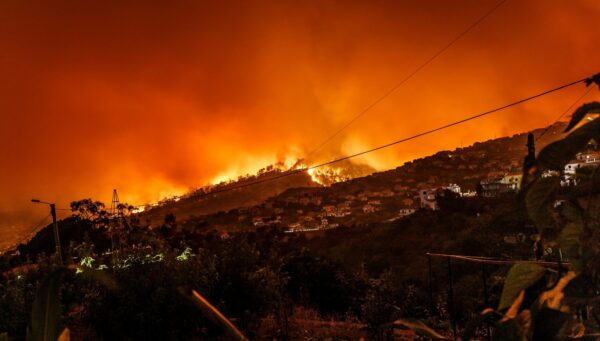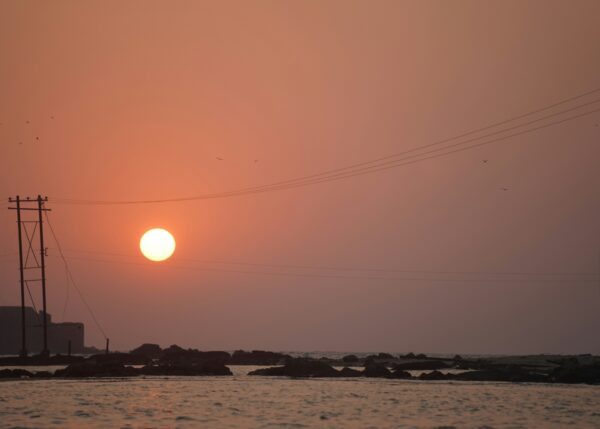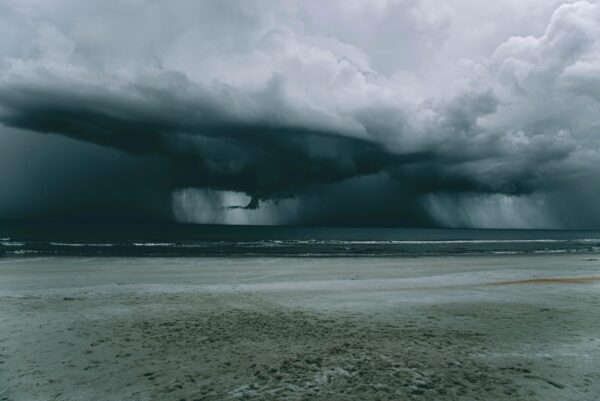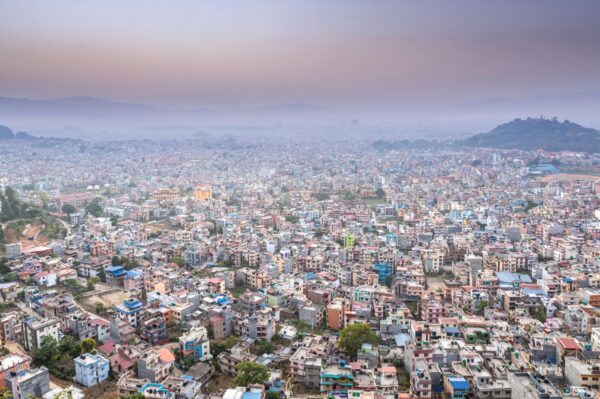Tropical cyclones: impacts, the link to climate change and adaptation
Authors
Adelle Thomas, Patrick Pringle, Peter Pfleiderer, Carl-Friedrich Schleussner
Share
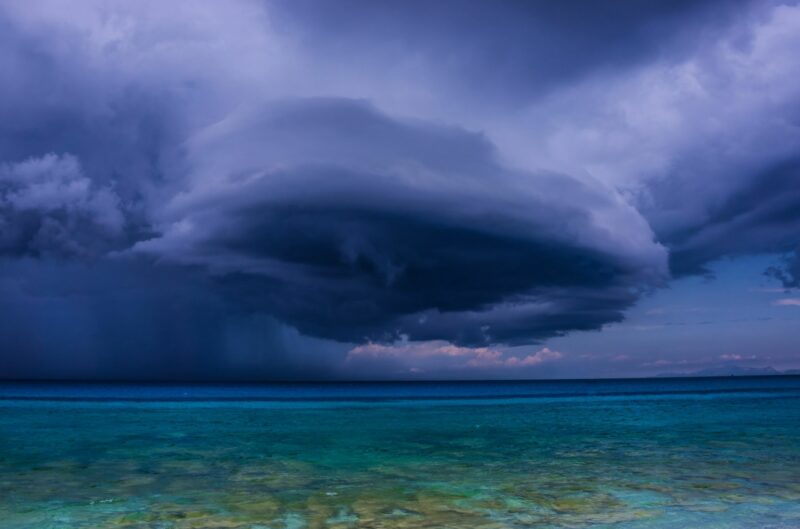
Following the string of high intensity tropical cyclones in the Atlantic basin in 2017 and the devastating impacts on Small Island Developing States (SIDS), a number of questions have been raised about linkages between these cyclones and climate change.
This briefing provides clarity on scientifically-supported connections between existing tropical cyclones and climate change. The briefing also summarises how climate change may affect tropical cyclones at increased global mean temperatures in the future and provides a summary of the observed socio-economic impacts of these extreme events on SIDS.
Key findings
- The Atlantic Hurricane season brought horrific destruction over the Caribbean. In Barbuda, over 90% of structures were destroyed, resulting in the island being completely uninhabited for the first time in 300 years. Across the Caribbean the economic costs of tropical cyclones amount to 2% of GDP annually since the 1950.
- The South Pacific has recently been hit by particularly destructive cyclones like Winston and Pam. Estimated economic cost of Cyclone Pam in Vanuatu across all sectors was approximately 64% of the country’s GDP in 2016. In Fiji, Cyclone Winston displaced over 130,000 people.
- Attribution of tropical cyclones to climate change is difficult. However, a robust increase of the most devastating storms with climate change is evident. Under 2.5°C of global warming, the most devastating storms are projected to occur up to twice as often as today.
- The climate hazard posed by cyclones is further intensified by increasing risks of flooding through heavier precipitation and sea level rise as a result of climate change.
- The capability of many Islands to adapt to tropical cyclones is limited and such events can further erode their capacity to adapt to climate change impacts. The Loss and Damage inflicted by tropical cyclones, in particular on small island states, needs to be recognised and adequate support needs to be provided by the international community.
- Post-disaster investment needs to be ambitious in scale and scope, supporting the transition to resilient, low carbon societies.
